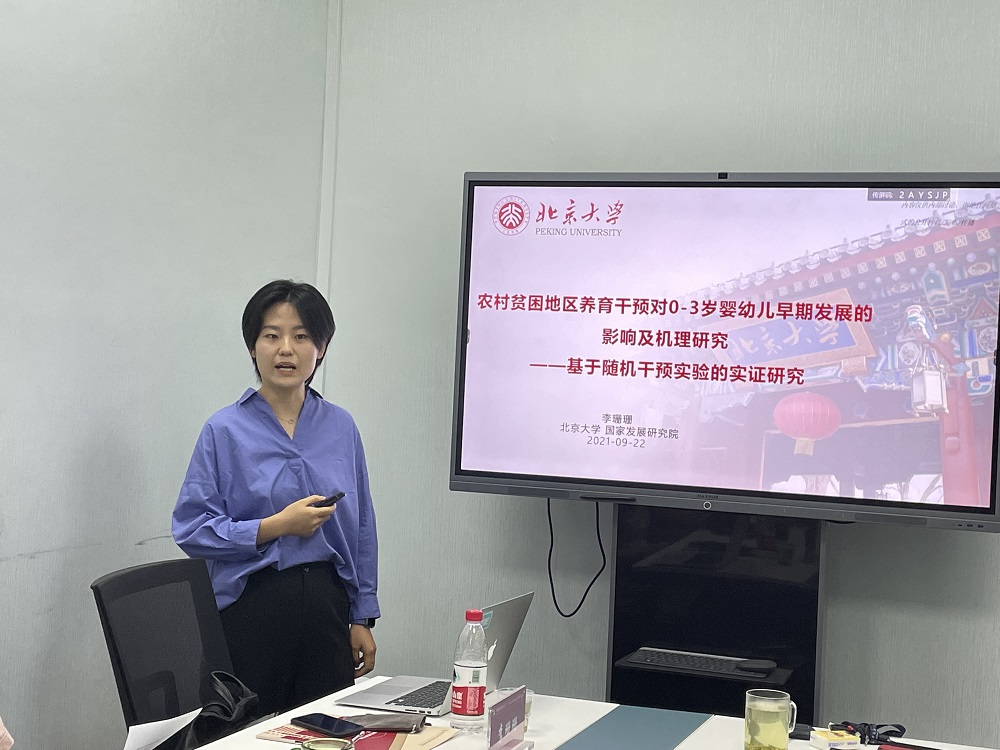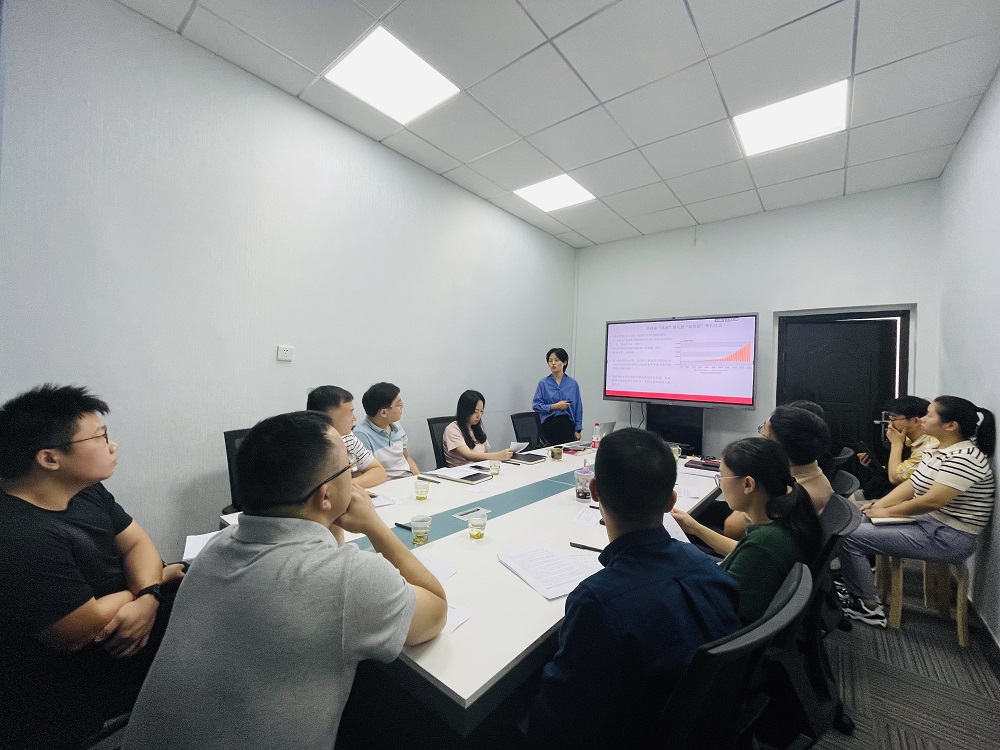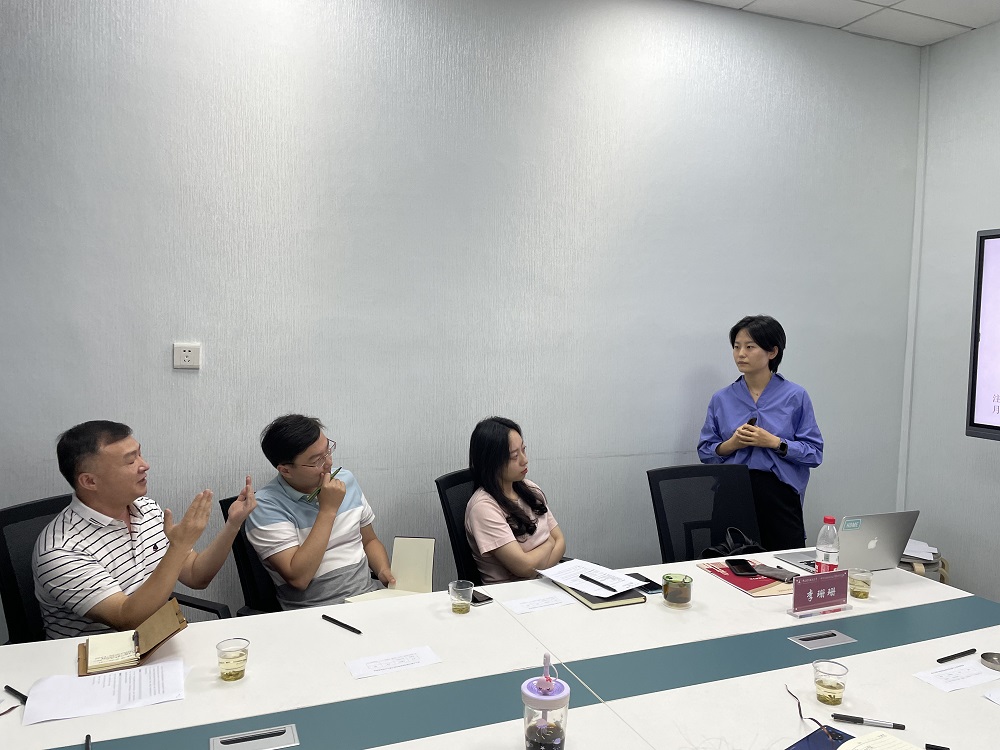On 22nd September 2021, the 15th "Xixian Forum on Income Distribution and Public Finance", co-organized by the School of Public Finance and Taxation of ZUEL and IIDPF, was successfully held in Conference Room 127 of Wenqin Building. As the keynote speaker of the forum, Li Shanshan, a postdoctoral fellow at the National Development Institute of Peking University, gave a lecture entitled "The impact of parenting interventions on the early development of infants and toddlers aged 0-3 years in poor rural areas and the mechanisms involved". The forum was chaired by Professor Lu Yuanping, Executive Deputy Director of IIDPF, and attended by Professor Li Rui from the School of Public Administration, Dr. Yan Weibo from the School of Public Finance and Taxation, and ten other faculty and students.

  Historical experience has shown that an important basis for achieving the transition from middle-income to high-income countries is the overall improvement of the quality of the population. This is the only way to break through the constraints of human capital on industrial transformation and economic development. With the development of brain science, neuroscience and other disciplines, research has confirmed that investing in fetal life and childhood is the stage with the highest return on investment in human capital. However, China currently has 7% of the world's children at developmental risk, and most caregivers have a low concept of scientific parenting due to the income level and literacy of rural caregivers, so children in rural areas in China are more at risk of development than in urban areas. Based on this, Dr Li Shanshan used experimental data on infants and their family composition in a mountainous region of China as the basis for a study on the relationship between parenting interventions and early development of infants and young children in less developed rural areas of China, using a randomised experimental approach. Early childhood development interventions targeting caregivers in the centre-based model were found to be effective in improving early childhood development.

  Dr. Li Shanshan's impressive presentation captivated the students and faculty in the audience, who actively interacted with each other and discussed in detail issues such as the way of intervention in the experiment. Dr. Li believes that the government should optimise the structure of investment in education, both in terms of policy advocacy and fiscal spending, and tilt education resources towards early childhood stages and rural areas. Dr Li Shanshan's research findings highlight the importance of human capital accumulation to China's economic growth and provide effective policy recommendations for the transformation of China's economy from high growth to high quality development.

